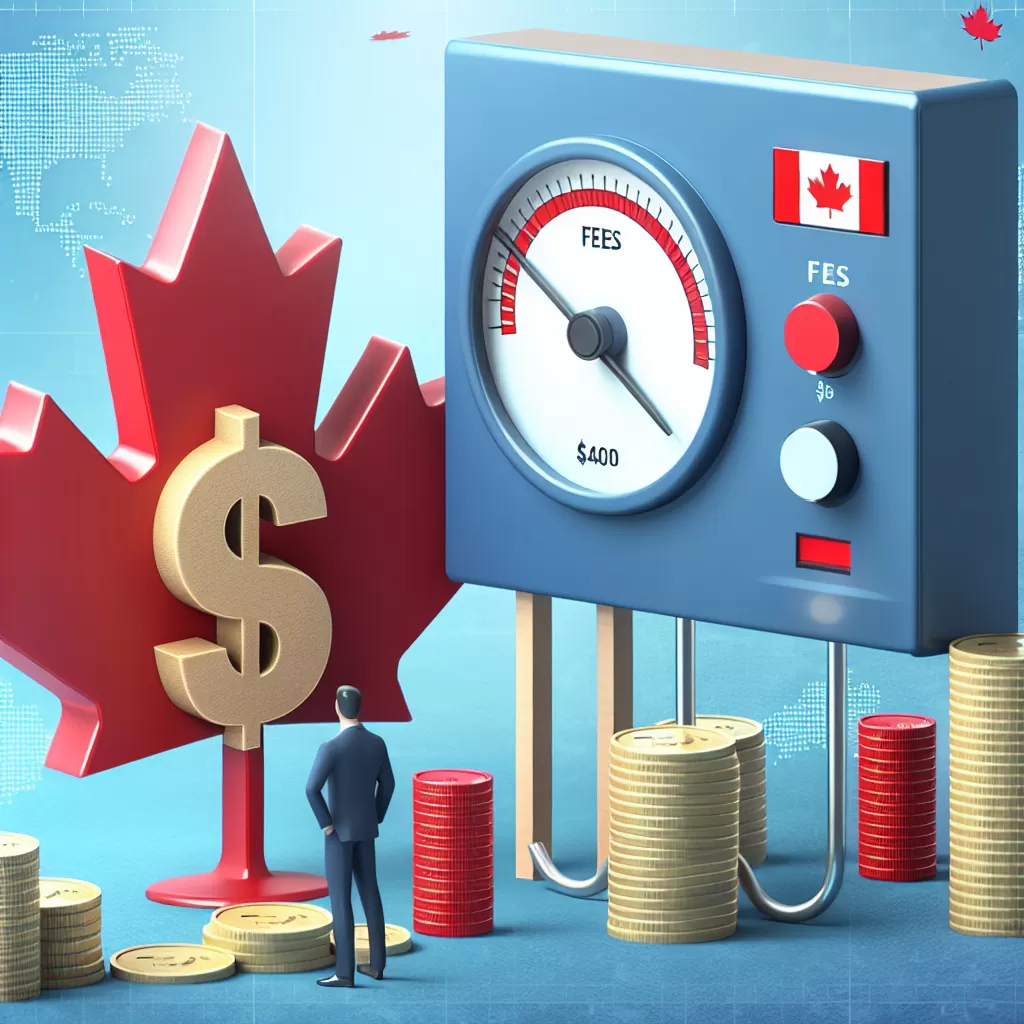How Much Does Rbc Charge For Currency Exchange?
Follow Currency Mart April 10, 2024
Where to purchase Foreign Currencies?

RBC Currency Exchange: How Much Does It Charge?
Introduction
The Royal Bank of Canada (RBC), a major player in Canadian banking and financial services, offers numerous financial products to its clients. This includes the service of currency exchange. With globalization linking businesses, families, and travelers alike, the need to have different currencies has significantly increased. As the Guardian of currency exchange, I will provide you a comprehensive guide on how much RBC charges for this service.RBC's Exchange Rates
The RBC exchange rate is the ratio at which one currency can be exchanged for another. It's constantly updated, reflecting real-time changes in the global foreign exchange market. The rate you pay for a transaction can depend on many factors, including the amount you're transferring, the time and day of trading, and the particular currencies involved.Standard Forex Fees with RBC
RBC generally charges a fee which includes the sum of a standard or flat transaction fee and a margin for currency conversion above the base exchange rate. For online or over-the-phone transactions, the flat fee could range from $6 to $30, depending on the size and nature of the transaction. Meanwhile, the margin usually averages around 2.5% - although this can depend on market conditions.Wire Transfer Fees
If you're transferring money internationally using wire transfer, you should be aware that RBC imposes a transfer fee. Fees for outgoing international transfers typically range from $13.50 to $35, based on whether it's online or in-branch. Incoming transfer fees hover around $17. For clients who frequently need to deal with international money transfers, these costs can quickly add up.ATM Withdrawals
If you're traveling abroad and need to withdraw foreign cash from an ATM, RBC offers its clients a range of options. But be warned: ATM transactions usually entail fees. The cost can go up to $5 per transaction, and that's without factoring in possible charges from the ATM's own bank.Using RBC Cards Abroad
For travelers making payments or purchases overseas using RBC debit or credit cards, there are foreign transaction fees to consider. These comprise the exchange rate mark-up (around 2.5%) on top of the cost of purchase. So, if you're using an RBC card abroad, make sure to check the fine prints.What About Exchange Rate Fluctuations?
You should always stay alert about how exchange rate fluctuations could affect your transaction. If you transfer money on a day when your home currency is weaker, you could end up paying more. Savvy individuals and businesses often monitor market trends to find the best time for their transaction.Conclusion
RBC charges for currency exchange can be a combination of transaction fees, conversion mark-ups, and additional charges depending on how you choose to make the transaction. While some of these costs are almost unavoidable, understanding the factors at play can help you proactively mitigate these expenses. By doing your homework, monitoring market trends, and choosing the most cost-effective methods of transaction, you can make currency exchange with RBC a more favorable experience. The Guardian of Currency Exchange reiterates: With financial knowledge and wise strategies, the realm of currency exchange can be navigated successfully.
Where to purchase Foreign Currencies?